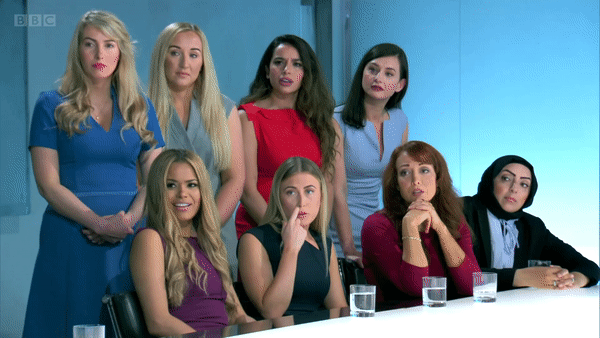I looked into the case law regarding the provisions to ensure integrity of the game by banning a club owning another club or one owner controlling two clubs -- in UEFA tournaments.
The first important ruling came in decision CAS 98/200 AEK Athens and SK Slavia Prague v UEFA (the “ENIC Case”). The deliberations in this case basically lead to the current rules. In this decision, the CAS considered various ways in which the integrity of a competition may be threatened by the common ownership of football clubs. For example, the CAS considered the interest of clubs which find themselves sharing a qualification group with two commonly-owned clubs and observed that there would be a possibility that the commonly-owned clubs could conspire to obtain results that were mutually beneficial to them, at the expense of other teams. Overall, the CAS stressed the need for transparency and legitimacy in all UEFA competitions, noting that the supporters’ perception of a particular game could be damaged by the differing business aims of two clubs in the same competition in which the same person or company has an interest.
The second available ruling came in 2017 in AC-01/2017 (the "Red Bull Case") in which it was considered if Red Bull held controlling influence over both FC Red Bull Salzburg ("Salzburg") and RasenBallsport Leipzig GmbH ("Leipzig") (both referred to as the "Clubs)". The Red Bull Decision was triggered by an UEFA investigation finding:
(a) that Red Bull has the ability to control access to the ordinary membership of the General Assembly of Salzburg, that Salzburg garners an unusually high level of income from Red Bull via sponsorship agreements and that Salzburg rents its stadium (and offices) from a subsidiary of Red Bull,
(b) that Red Bull has the ability to exercise decisive influence over Leipzig, that Leipzig garners an unusually high level of income from Red Bull via sponsorship agreements and that considerable loan financing is given to Leipzig by Red Bull on favourable terms; and
(c) a formal cooperation agreement entered into by the Clubs, the unusually high level of player loans/transfers which have taken place between the Clubs in past seasons, the past involvement of certain individuals who are allegedly connected to Red Bull in the operation of both Clubs and the common visual identity/similar branding of the Clubs, as well as noting certain public statements regarding the Clubs made by the CEO of Red Bull.
As a first step -- the UEFA "court" ("CFCB") -- looked at the meaning of “decisive influence”, which has no definition in the rules. The CFCB found that in light of the purpose of the rule, it is necessary to limit the nature of the decision making under scrutiny to decisions that impact on the integrity of a competition. It is implicit therefore that such decisions must necessarily relate to matters that affect the performance of a club in a competition and not simply generic corporate, commercial, financial or other business activities which do not directly affect sporting performance. In addition, the CFCB found that the rule was a "strict test", resulting in that nothing short of a legal power to control decision making -- which might impact the performance of the club in competitions -- is required under these provisions.
As a second step, the CFCB noted that the clubs had made several changes, including removing persons performing duties for both clubs, terminating some loans, terminating the cooperation agreement and Red Bull's membership in the general assembly of Salzburg as well as Salzburg undertaking "to address the situation" regarding the lease of its stadium from a Red Bull-related entity. Hence the CFCB found that Red Bull could not be found to have a controlling influence over Salzburg. Both Leipzig and Salzburg were allowed to participate in UEFA tournaments.
The conclusion that can be drawn from these cases are that UEFA will not interpret the rules broadly and that there must be a danger for the integrity of a club in relation to its participation in competitions for the rules to be triggered. In addition, it can be noted that Red Bull largely -- at least formally -- severed ties with Salzburg in light of the decision by UEFA.
Again, I am fairly certain that you quite easily can work around these provisions by for example creating some kind of fictional "50+1" environment. It simply is not in place to interpret the rules broadly and in reality there is no risk for the integrity of how a club like for example PSG and Man Utd would perform in UEFA tournaments. But, it could definitely end up being looked at by UEFA and it could take some time before you know the exact parameters. It is a bit of a nuisance for a buyer already owning a UEFA club for sure. But ultimately, no serious owner will want to have the ability to impact a managers' selection of his team or in game coaching anyway. In a normal cooperate structure, you can however assume that a CEO or at least the board has the formal power to do so. Create a separate entity in control of the managerial aspects -- and you should be home free.


